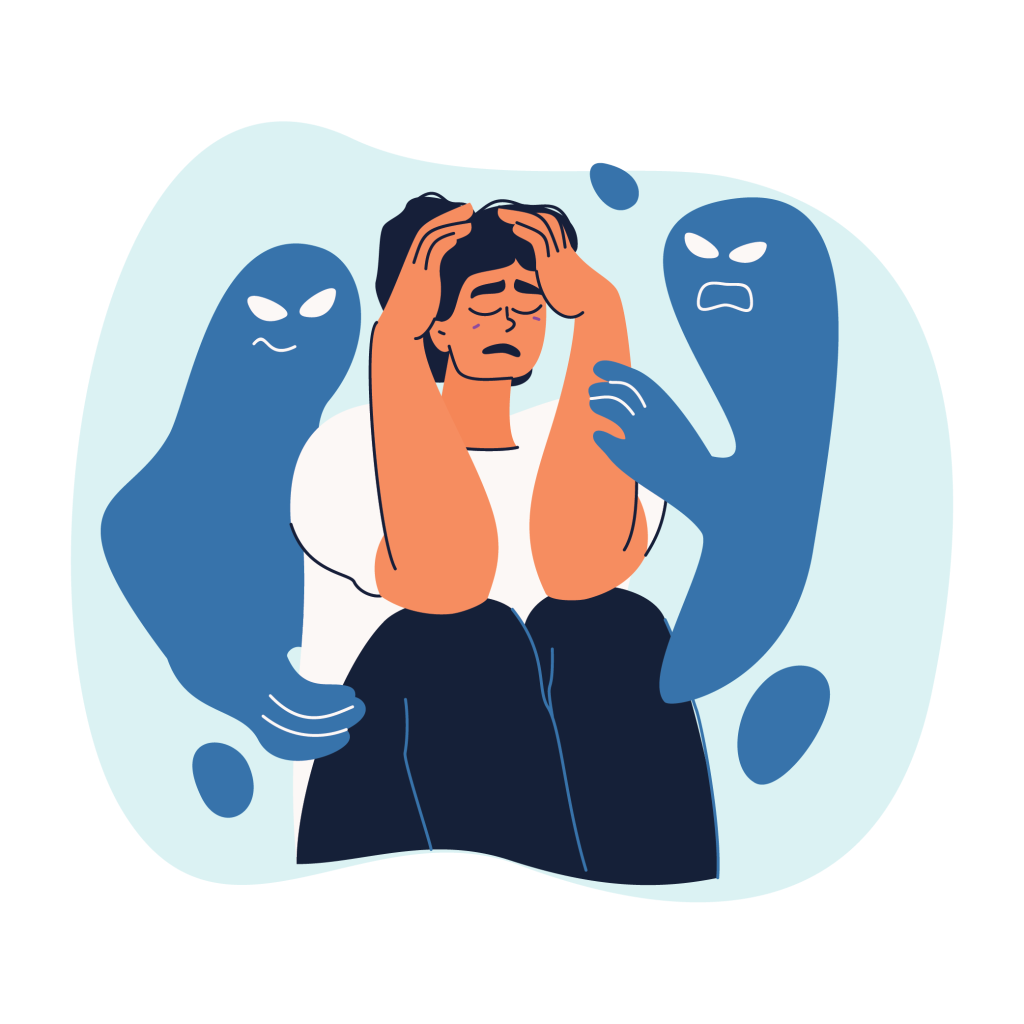Borderline Personality Disorder Treatment
Borderline Personality Disorder (BPD) is a severe mental health condition characterized by unstable emotions, patterns of thinking, and behavior. It affects interpersonal relationships, self-image, and the individual's overall functioning. Fortunately, with appropriate treatment, individuals with BPD can lead fulfilling lives and maintain healthy relationships.


How Does Borderline Personality Disorder Treatment Work?
At its core, treatment for BPD aims to provide patients with skills to manage their emotions, improve their interpersonal relationships, and reduce self-destructive behaviors. Treatment is often multi-faceted, incorporating therapy, medication, and other therapeutic techniques to address both the symptoms and the underlying causes. With consistent treatment, many people with BPD experience significant improvement.
Signs and Symptoms of Borderline Personality Disorder
Individuals with BPD can manifest a range of symptoms, including:
- Unstable Interpersonal Relationships: This may involve intense attachment followed by abrupt detachment, black-and-white thinking about others, and fear of abandonment.
- Impulsive Behavior: This might include risky actions, spending sprees, substance misuse, or reckless driving.
- Self-Harming Behaviors: Such as cutting or suicidal ideation and attempts.
- Mood Swings: Rapid changes from intense happiness to despair within a few hours.
- Chronic feelings of emptiness and boredom.
- Difficulty being alone.
- Anger Issues: This includes trouble controlling anger and frequent temper outbursts.
- Dissociative Symptoms: Moments of feeling disconnected from oneself or feeling as though things around them are unreal.
How Is Borderline Personality Disorder Treated?
- Dialectical Behavior Therapy (DBT): Developed specifically for BPD, DBT is a type of cognitive-behavioral therapy. It focuses on teaching coping skills to manage intense emotions, reduce self-destructive behaviors, and improve relationships.
- Cognitive Behavioral Therapy (CBT): CBT can help individuals identify and change core beliefs and behaviors that underlie inaccurate perceptions of themselves and others.
- Psychotherapy: Individual and group therapy can provide an opportunity for individuals to discuss and process their emotions and behaviors.
- Family Therapy: Helps families understand the condition and provides them with strategies to support their loved one.
- Psychiatry: Our Psychiatry services help individuals manage their borderline personality disorder symptoms with prescribed medication.

- Criteria for Borderline Personality Disorder
- Medications for Borderline Personality Disorder
- How Atlanta Integrative Helps Borderline Personality Disorder
- How Do I Know I Need Treatment for Borderline Personality Disorder?
Borderline Personality Disorder (BPD) is characterized by a persistent pattern of instability in interpersonal relationships, self-image, and emotions, as well as marked impulsivity. The Diagnostic and Statistical Manual of Mental Disorders, Fifth Edition (DSM-5), which is used by mental health professionals to diagnose psychiatric conditions, provides specific criteria for BPD.
To be diagnosed with BPD, an individual must exhibit at least five of the following nine criteria:
Frantic efforts to avoid real or imagined abandonment.
A pattern of unstable and intense interpersonal relationships characterized by alternating between extremes of idealization and devaluation. This is commonly referred to as “splitting.”
Identity disturbance: markedly and persistently unstable self-image or sense of self. The person might frequently change jobs, friends, lovers, religion, values, goals, or even sexual identity.
Impulsivity in at least two areas that are potentially self-damaging. This could include spending, sex, substance abuse, reckless driving, or binge eating.
Recurrent suicidal behavior, gestures, or threats, or self-mutilating behavior. Individuals with BPD might threaten to hurt or kill themselves or may actually attempt it. Additionally, they might engage in cutting, burning, or other forms of self-harm.
Affective instability due to a marked reactivity of mood. This could look like intense episodic dysphoria, irritability, or anxiety usually lasting a few hours and only rarely more than a few days.
Chronic feelings of emptiness. People with BPD often feel like something is missing in their lives, even if things are going well.
Inappropriate, intense anger or difficulty controlling anger. This can manifest as frequent displays of temper, constant anger, or recurrent physical fights.
Transient, stress-related paranoid ideation or severe dissociative symptoms. When under stress, individuals with BPD might feel paranoid, as if others are out to get them, or they may feel completely disconnected from themselves or their surroundings.
It’s essential to understand that BPD is a complex disorder, and merely fitting the criteria doesn’t automatically confer a diagnosis.
While there’s no drug specifically approved to treat BPD, various medications can help alleviate its symptoms. These might include:
- Antidepressants: Such as SSRIs or MAOIs, which can address mood swings and depressive symptoms.
- Mood Stabilizers: Like lithium or anticonvulsants, which help regulate mood swings.
- Antipsychotics: These can help with anger, impulsiveness, and paranoia.
- Therapy: A cornerstone of personality disorder treatment, therapeutic interventions like DBT and CBT are essential for most patients.
- Psychiatric Evaluations: Comprehensive assessments to determine the exact needs and therapeutic interventions for a person.
- Genetic Testing: To understand any underlying genetic factors that might influence the condition or its treatment.
- TMS Therapy (Transcranial Magnetic Stimulation): A non-invasive procedure that uses magnetic fields to stimulate nerve cells in the brain. It’s used to treat depression, which is commonly co-morbid with BPD.
If you or a loved one exhibit signs of BPD, especially self-harm, suicidal ideation, or extreme emotional reactions, it is crucial to seek medical advice. The earlier the treatment begins, the more effective it tends to be. Diagnosing BPD can be complex, and a thorough psychiatric evaluation is essential.
Find Treatment for Borderline Personality Disorder in Atlanta
Atlanta offers numerous professional facilities and specialists experienced in treating BPD. At Atlanta Integrative Psychiatry, we provide outpatient mental health treatment including psychiatry, therapy, and more.
Remember, seeking help is a sign of strength, not weakness. With appropriate support and treatment, individuals with BPD can achieve a better quality of life and enjoy more stable, fulfilling relationships. Book an appointment with us now!
You are not alone. You deserve to get help.
Atlanta Integrative Psychiatry is an Industry leader in mental health treatment . Our team of top medical experts specialize in dual diagnosis treat and are committed to ensuring that each patient is treated as an individual.
Call us today, we're avialable 24/7.




